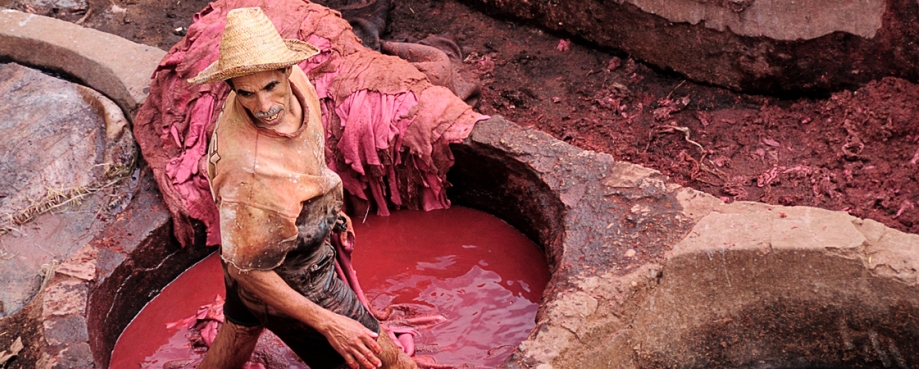
From 1 April 2016, all *large UK-based companies must submit an annual report on the risks and incidences of modern slavery in their supply chains. And as this short five-minute Home Office-produced film shows, slavery, in all its forms, is more common than many businesspeople think.
Watch Stopping Modern Slavery in Business here
According to the International Labour Organization (ILO) at least 21 million men, women and children around the world are in some form of slavery. While most people in slavery are found in Asia, even in Europe hundreds of thousands are suspected to be victims every year. In the UK, it is estimated that 10-13,000 people are in modern slavery at any time.
In the film, Peter McAllister, ETI’s Executive Director advises companies to “learn from the best performers”. He says, “Companies across the board must look harder though their supply chains and business relationships to see where the risks might be and work to eradicate modern slavery.”
Find out about our Modern Slavery training: Is your business ready?
Further information from the ETI Communications Desk on +44 (0)20 7841 4358
*companies with an annual turnover of £36 million or more.
